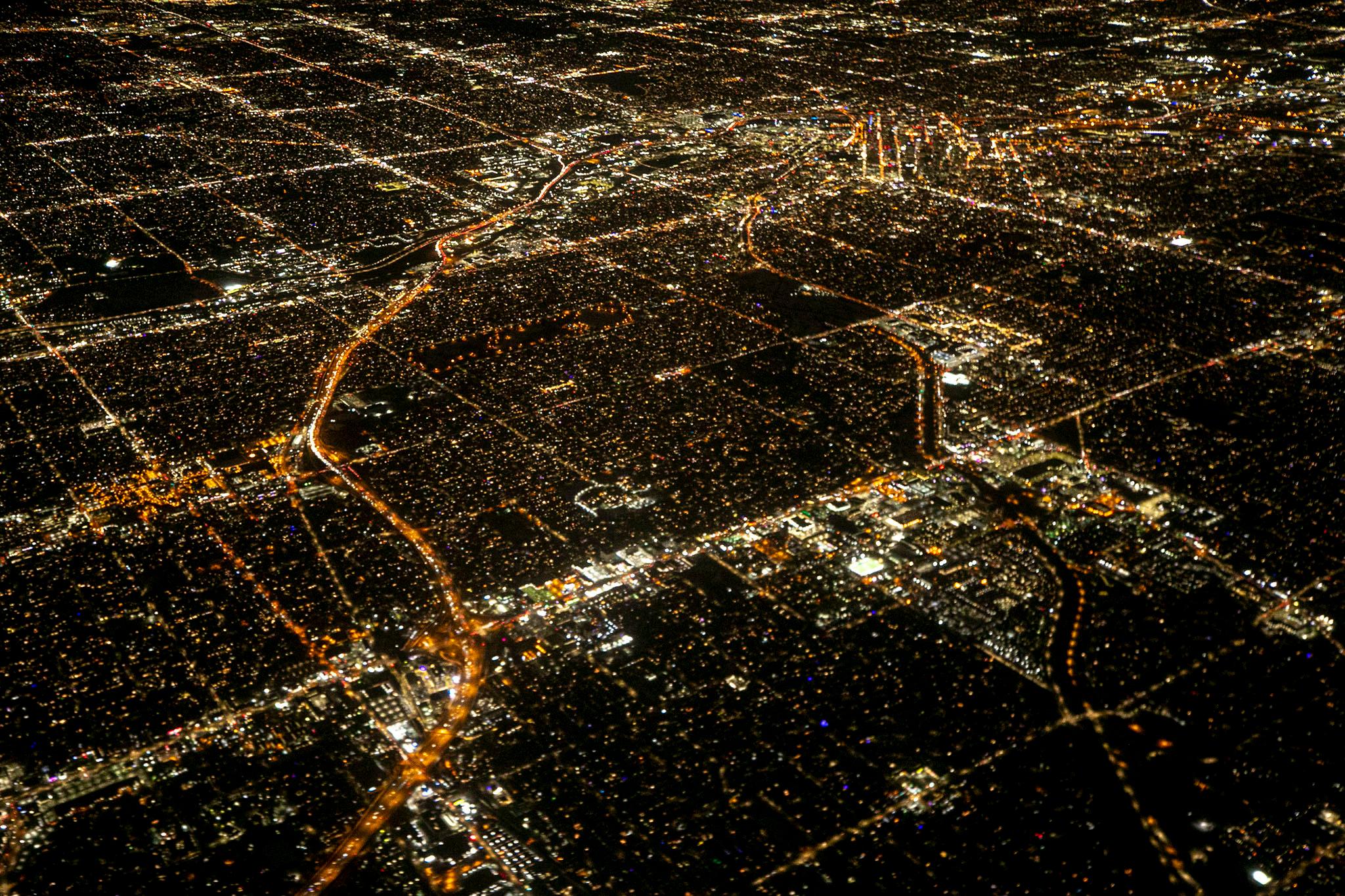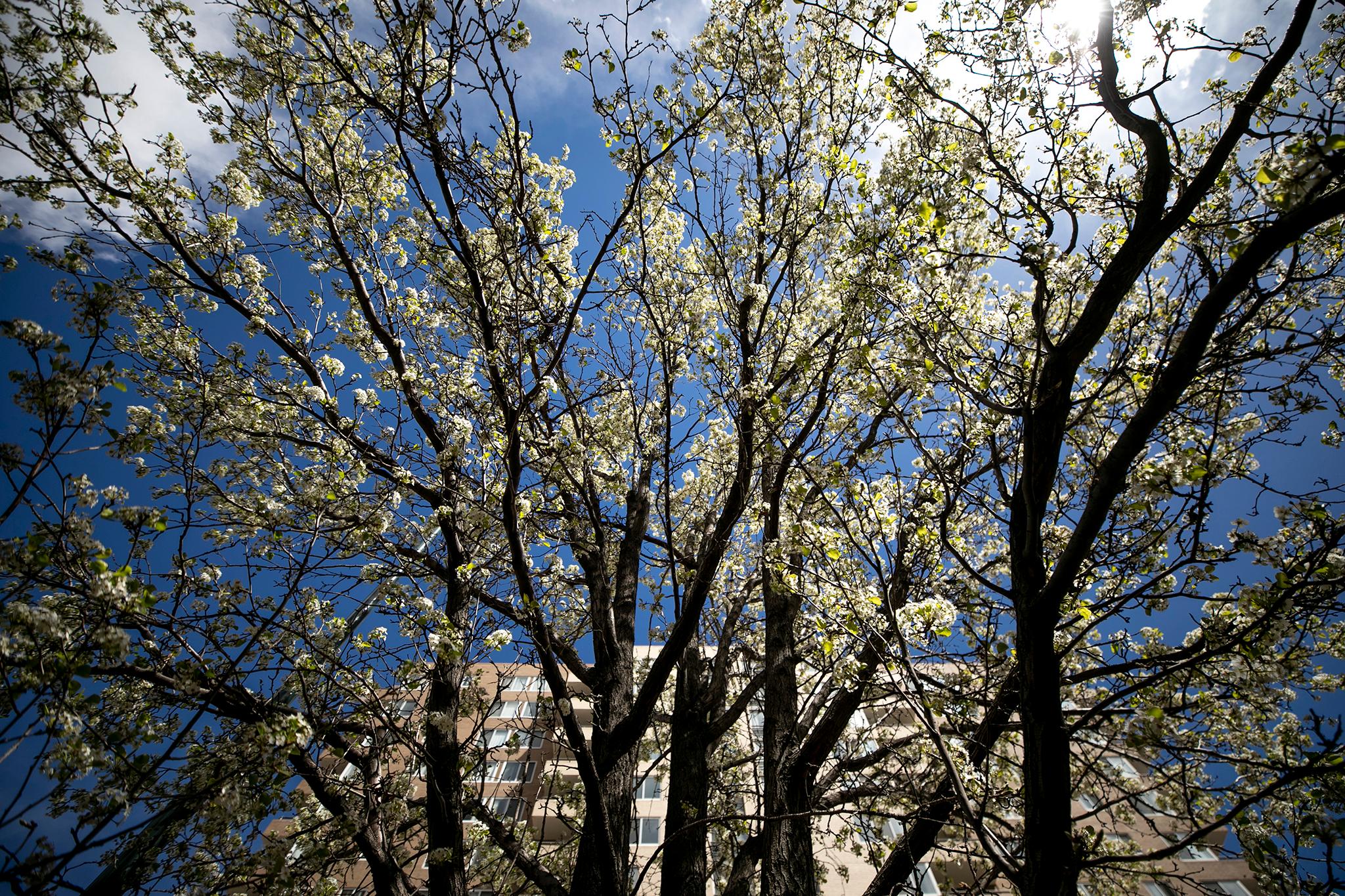
Most Americans want to see Libertarian Gary Johnson on the debate stage with Hillary Clinton and Donald Trump, according to a Quinnipiac University poll released this week.
But the threshold Johnson needs to cross — 15 percent in national polls — seems elusively out of reach, and some analysts think the other third-party candidate, the Green Party's Jill Stein, is what's keeping him from the stage.
The commission that controls the debates issued a rule back in 2000 that third-party candidates who poll at 15 percent or higher would get to participate in the debates, and Johnson has staked his campaign on that as an opportunity put his ideas before the public.
This month, the commission announced it would use these polls: ABC/Washington Post, NBC/Wall Street Journal, CBS/New York Times, CNN and Fox News. And all five of those stations are including Johnson, which is great for him, but they're also including Stein, which might not be so great for him.
As the former New Mexico governor picks up Republicans alienated by Trump — and even picks up some progressives excited about his anti-war, pro-marijuana and civil liberties stances — his numbers have been climbing into the range where the debate feels like a possibility. When Stein is left out of the polls, Johnson isn’t far short of the 15 percent bar — he hit 12 percent in the last Fox News and CBS/New York Times polls. (A late July CBS poll, sans New York Times sponsorship but using the same pollster, has Johnson at 10.) But in the most recent polls from the three media outlets tapped by the commission which have been running four-way trial heats, Johnson comes in at 8, 9 or 10, while Stein averages 5. Johnson performs just a bit worse with Stein in the mix, but in the race for 15, every inch counts. And Stein, who would need to triple her support to secure an invite, is taking an inch or two from Johnson.
The bottom line: By including all four candidates, the commission’s sanctioned polling outfits are reducing the odds that a third candidate will make the cut.
But I have to wonder: How many of Stein's voters are really available to Johnson? The Green Party and the Libertarian Party aren't interchangeable challenges to the dominance of the two-party system. They represent different ends of the political spectrum.
People who might agree about over-policing don't necessarily agree about the minimum wage or gun control, and unaffiliated voters aren't some mass of moderate middle-grounders all seeking some generic third way.
Johnson, of course, is doing better in Colorado, reaching 15 and 16 percent in two recent polls, but as of Friday, FiveThirtyEight put him at 9 percent in the national average of all polls. That's a long way from 15.
In another Politico piece on Johnson, a long profile that is worth your time, Ben Birnbaum describes Johnson floundering in a CNN town hall over issues where many Americans want more government intervention, not less.
In response to a question from the distraught mother of a heroin addict, who railed against Johnson’s support for drug legalization, the candidate talked up the virtues of needle exchanges. In response to an Orlando woman who’d witnessed the Pulse nightclub mass shooting and wanted to know why Johnson would want to make gun access easier, he launched into a scripted response without pausing to acknowledge the woman’s trauma.
Johnson likes to say, “Most Americans are libertarians. They just don’t know it yet.” That may not actually be true.
Nonetheless, FiveThirtyEight notes that Johnson has a staying power that most other third-party candidates haven't achieved. He's not going up, but he's not going down either.
So while he may not get himself into the debates, he might help his party qualify for federal campaign financing in 2020 by a high-single-digit showing in November. But as Libertarians, should they take it?
Assistant Editor Erica Meltzer covers government and politics. She can be reached via email at [email protected] and on Twitter @meltzere.
Subscribe to Denverite's newsletter here.












